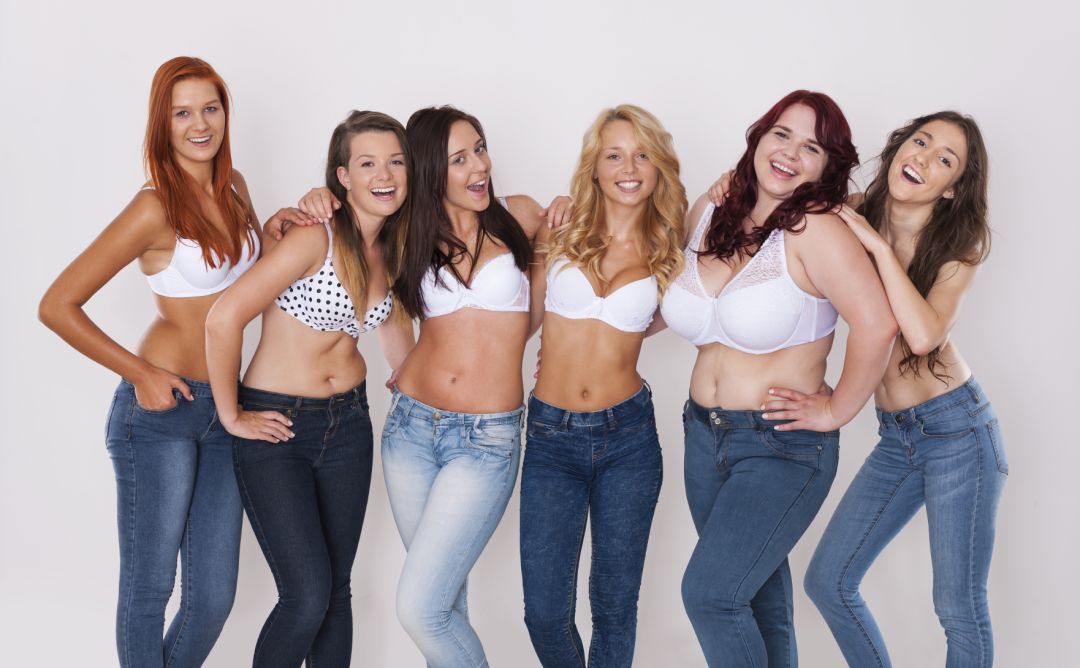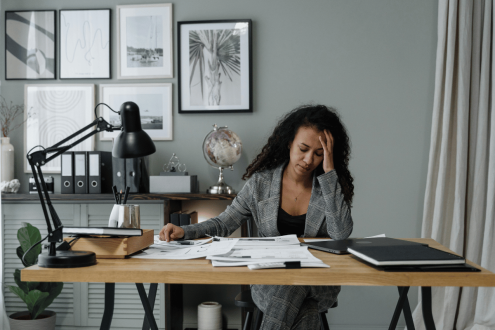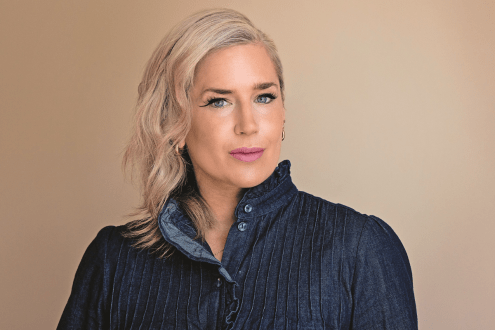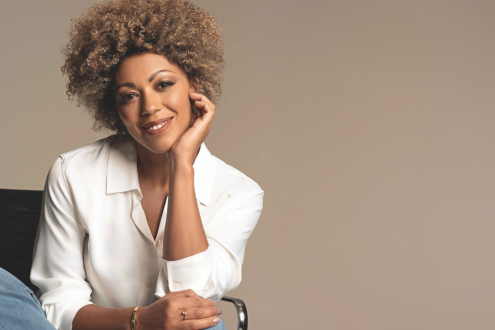National Body Confidence Week
Why dispelling negative self-talk has never been higher on the female agenda

As national Body Confidence Week comes to an end, we’re happy to see that this year, there has been a large and much-needed spotlight on gender equality. UN ambassador Emma Watson delivered a game-changing speech to launch the HeforShe campaign, the No More Page Three and The EveryDay Sexism movements gathered huge momentum and, for the first time in history, the FTSE 100 had a female on every board. Yet, as the feminist drive continues to move forward, our levels of self-confidence and acceptance of the way we look seem to be decreasing at a rather alarming rate.
A recent study carried out by The Be Real Campaign found that almost four-fifths of women now agree that the UK is suffering from a body-confidence epidemic, and more than half say they feel powerless about society’s obsession with looks. According to cosmetics brand Dove, across the world last year, over 90,000 teenage girls underwent cosmetic surgery in Brazil; one in two British girls admitted they don’t feel comfortable leaving the house without make-up on, and 85 per cent of girls in Hong Kong said that they wanted to weigh less, despite only five per cent being clinically overweight.
Constantly striving to achieve the ultimate beauty ideal isn’t a new phenomenon, but now girls begin to worry about their appearance at a far younger age. The internet both helps and hinders ideas of beauty, especially now that commercial entities have much more access to us via the webpages we visit and social media, enabling them to expose us to their ideals of beauty leaving young women questioning their appearance.
It’s not surprising then that, according to governmental research by the All Party Parliamentary Group on Body Image, 10 million women feel unhappy when gazing at their reflection. Body image anxiety and the wider issues associated with it can have far-reaching consequences, with nearly a quarter of women believing that anxiety about what they see in the mirror has stopped them going for a job they wanted, while four out of five women now admit that their body image has held them back from having a fulfilling relationship, found the government report.
Thankfully, some brands are becoming aware of the devastating impact a negative body image can have and subsequently, are finding more positive ways to reach their female audience. ASOS, for example has started scanning its customers' bodies in an attempt to get sizing right, supporting the statement that clothes are meant to fit our bodies, not the other way around. Selfridges was praised for its ‘Hello Beautiful’ campaign that consisted of pioneering talks and interactive debates about beauty and Boots No7 now uses 'real' women in its advertising.
Perhaps most noteworthy of all is Dove, already renowned for its Real Beauty campaigns, the brand’s latest move sees it teaming up with the World Association of Girl Guides to launch the Free Being Me programme. Available across 145 countries, its aim is to reach 3.5 million more girls to deliver a deeper understanding of body confidence and self-esteem.
While the work of these commercial organisations is crucial in helping to eradicate negative body image, it’s also up to us as parents, friends and social media users to create an all-encompassing and supportive community of young girls and women who feel truly empowered to love the skin they're in.
Photograph: iStock









